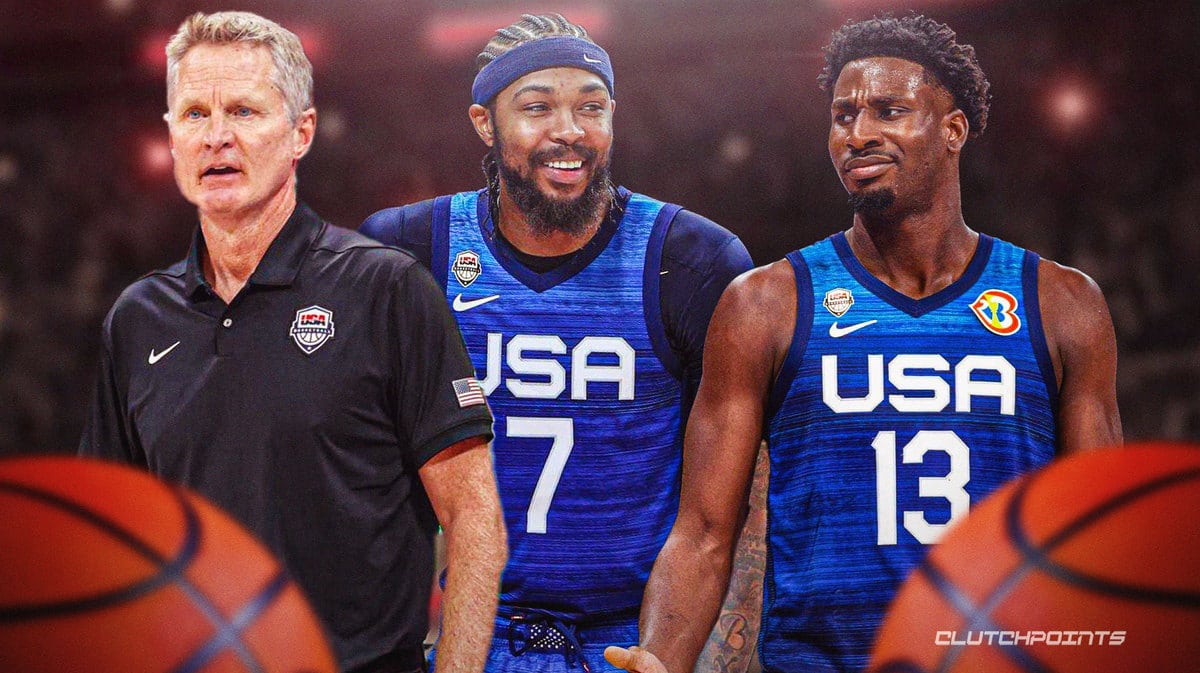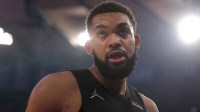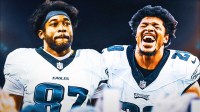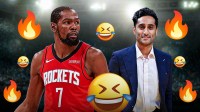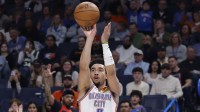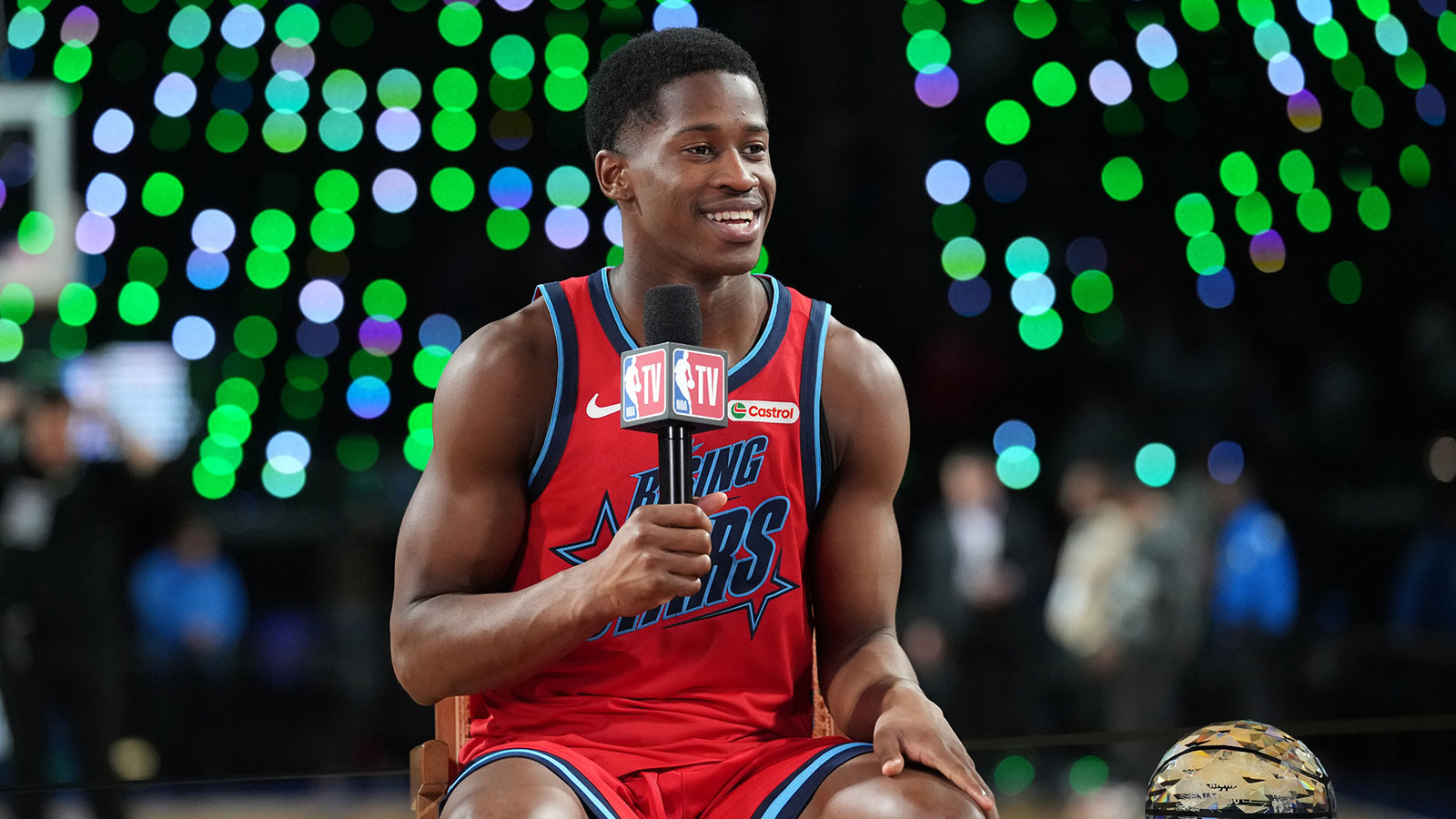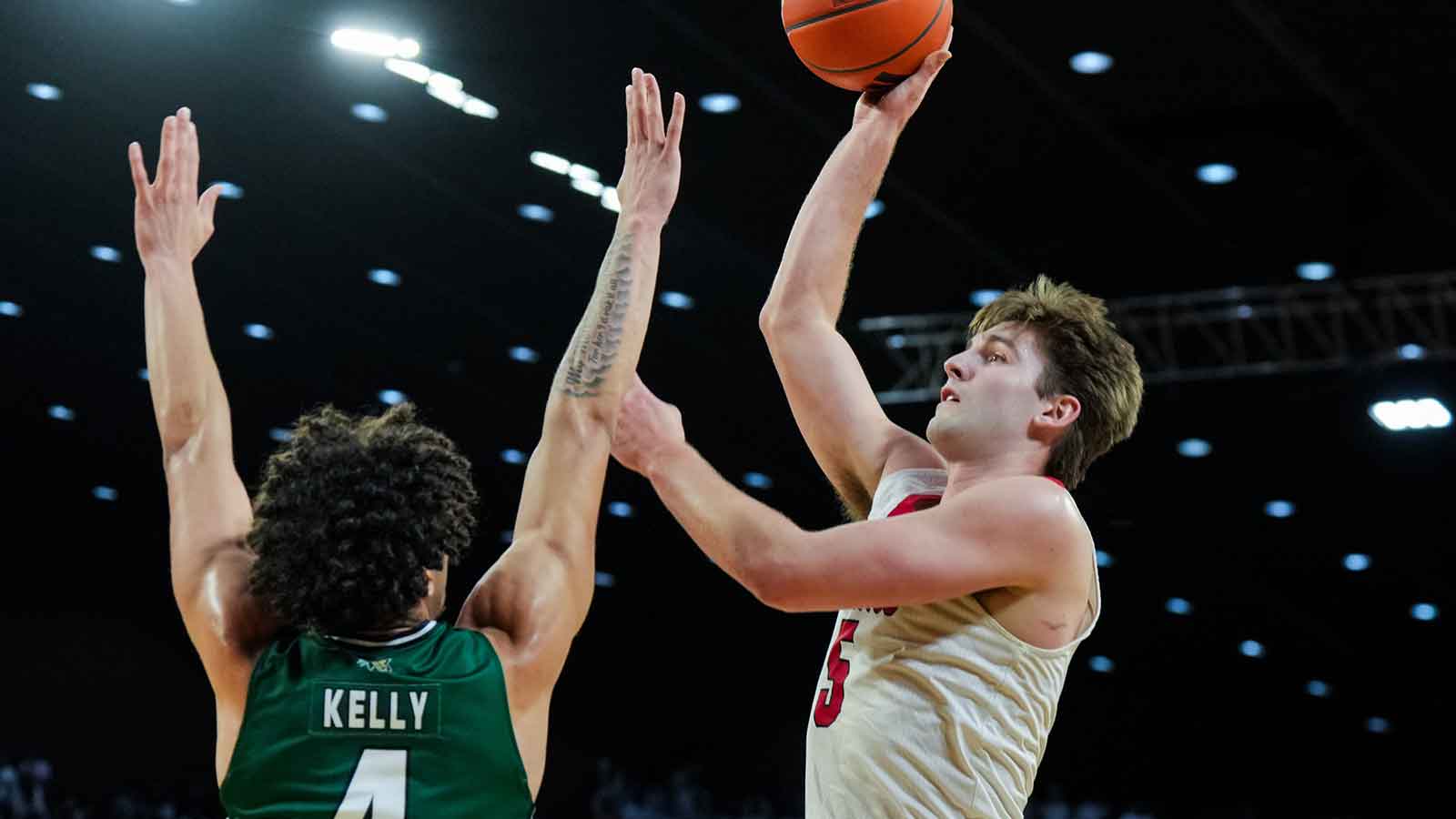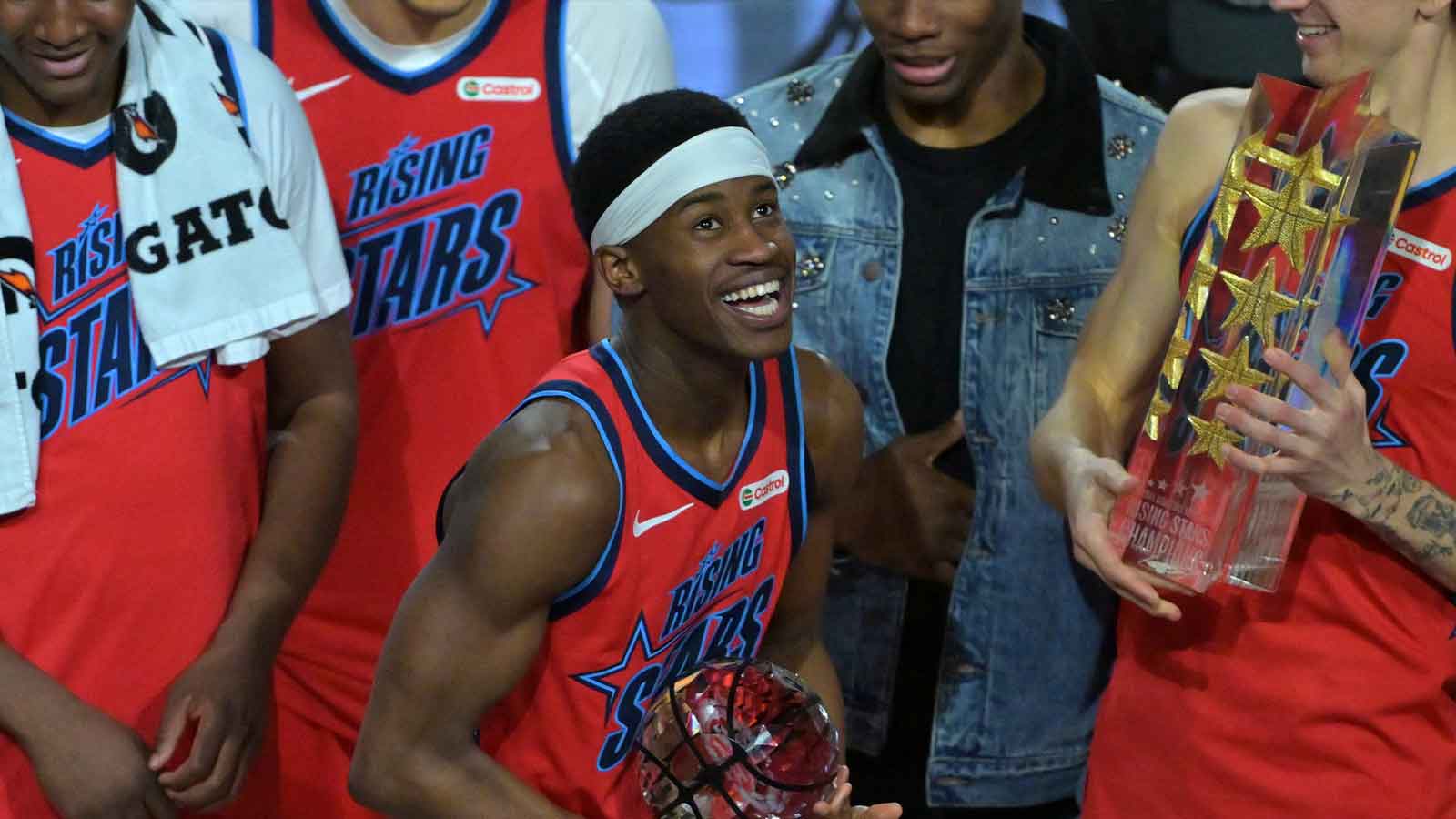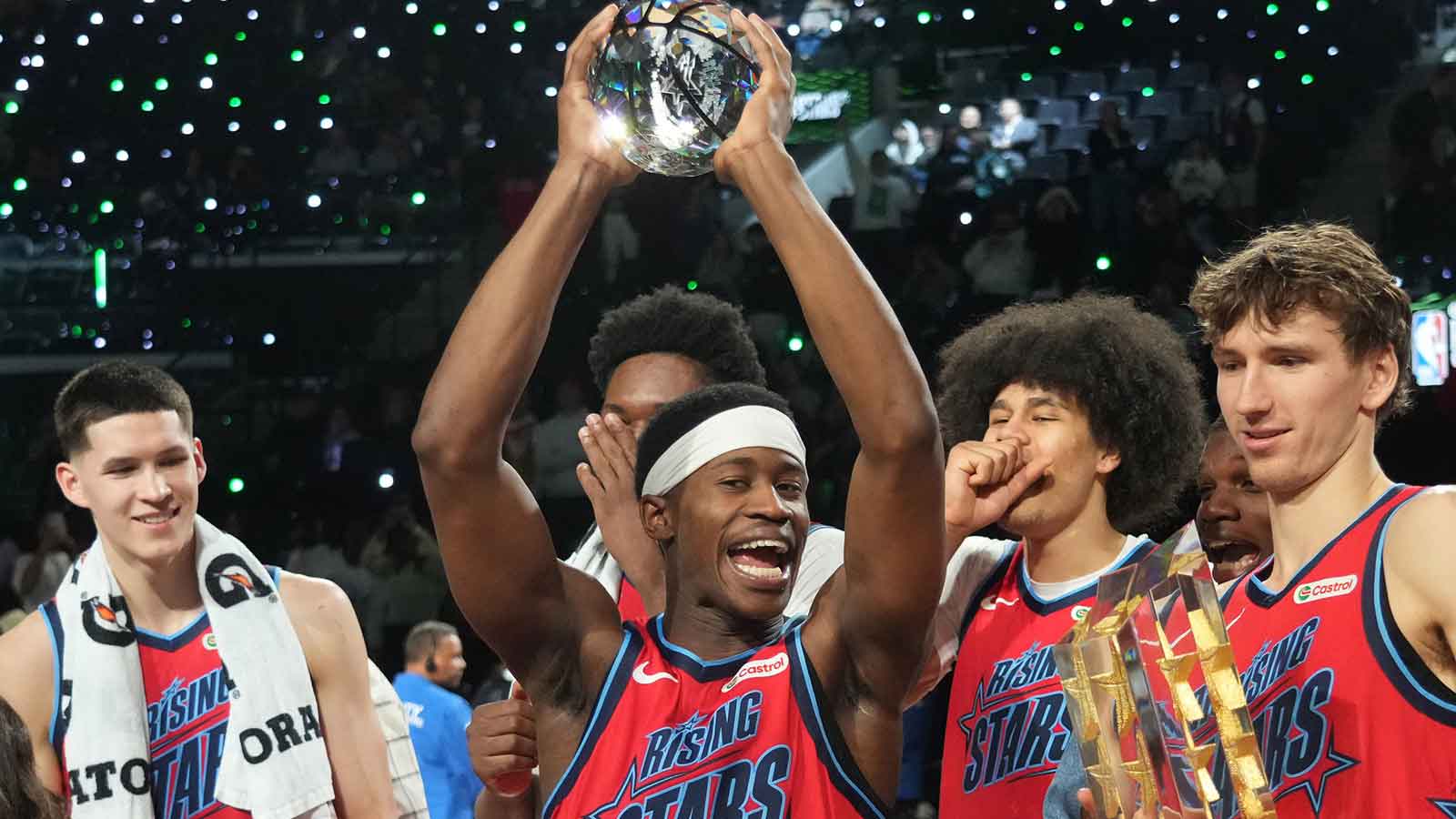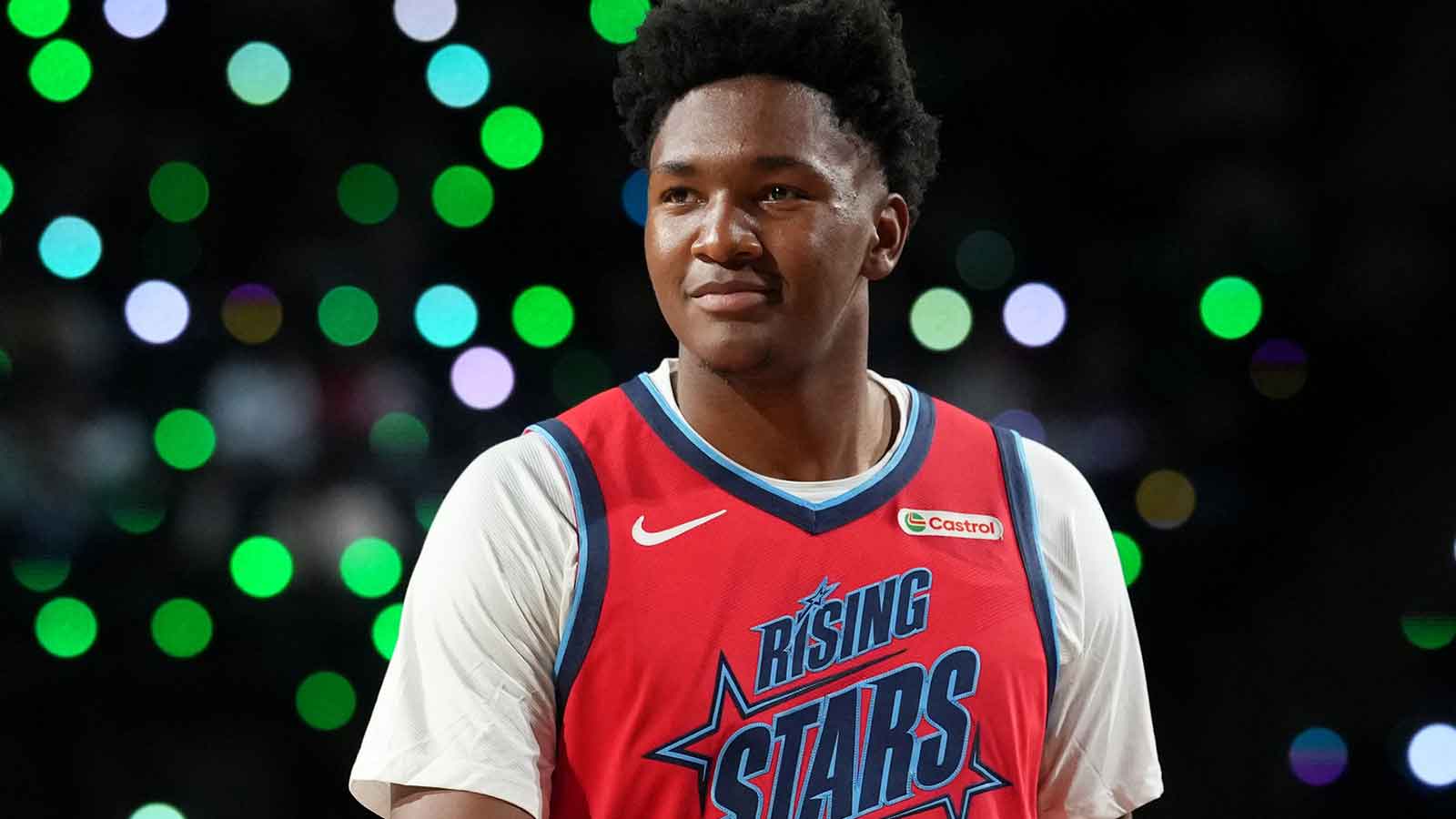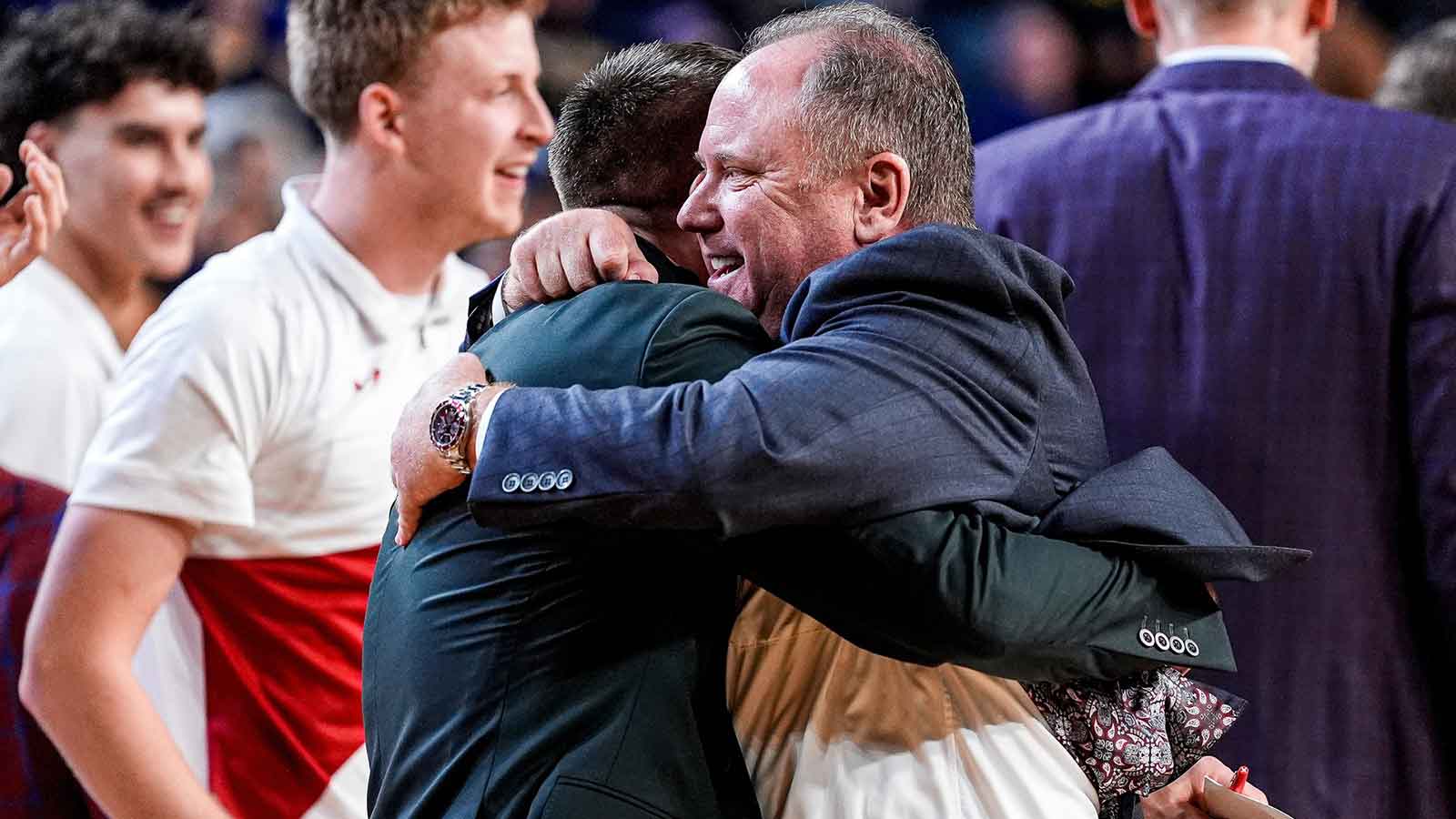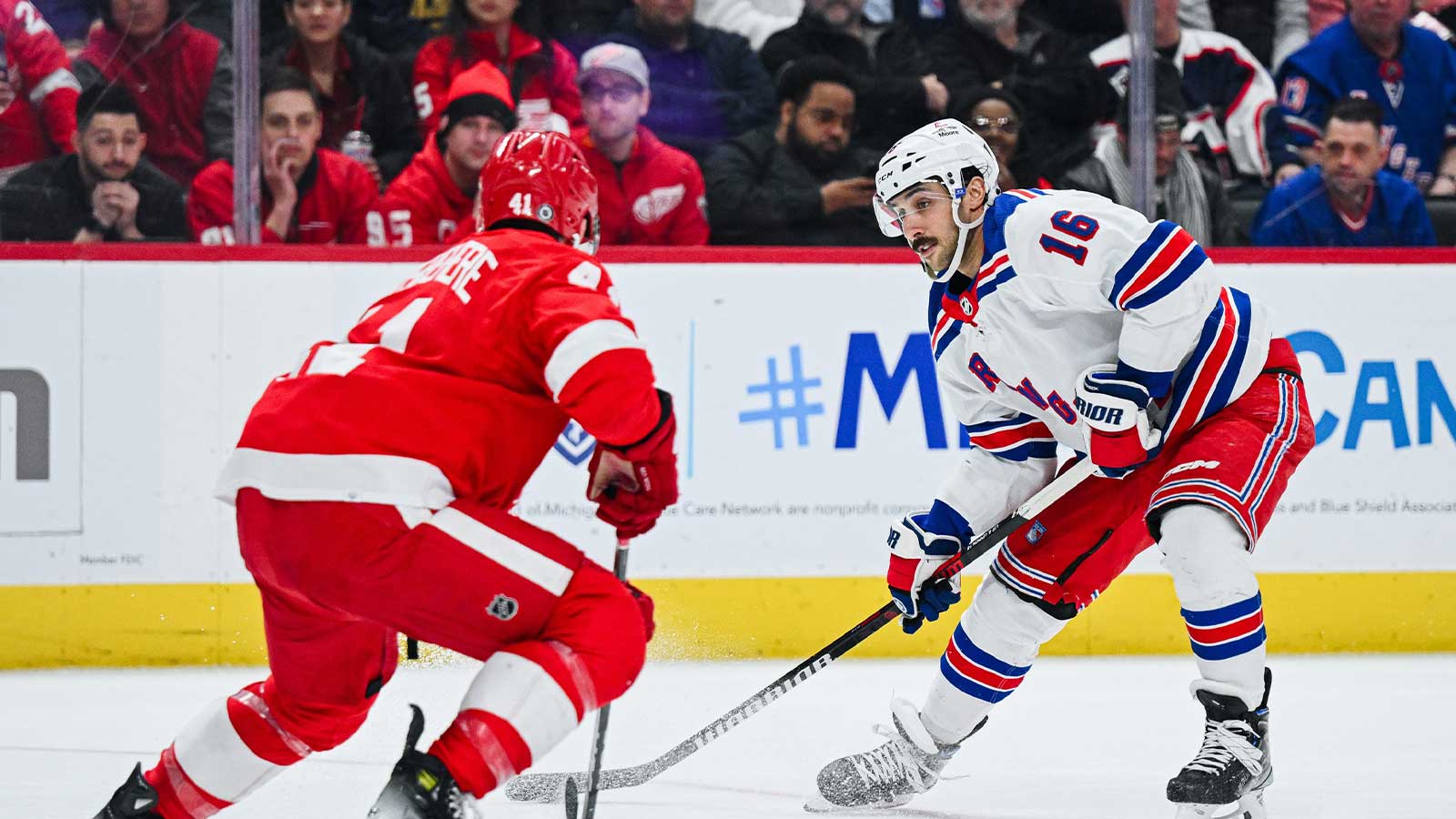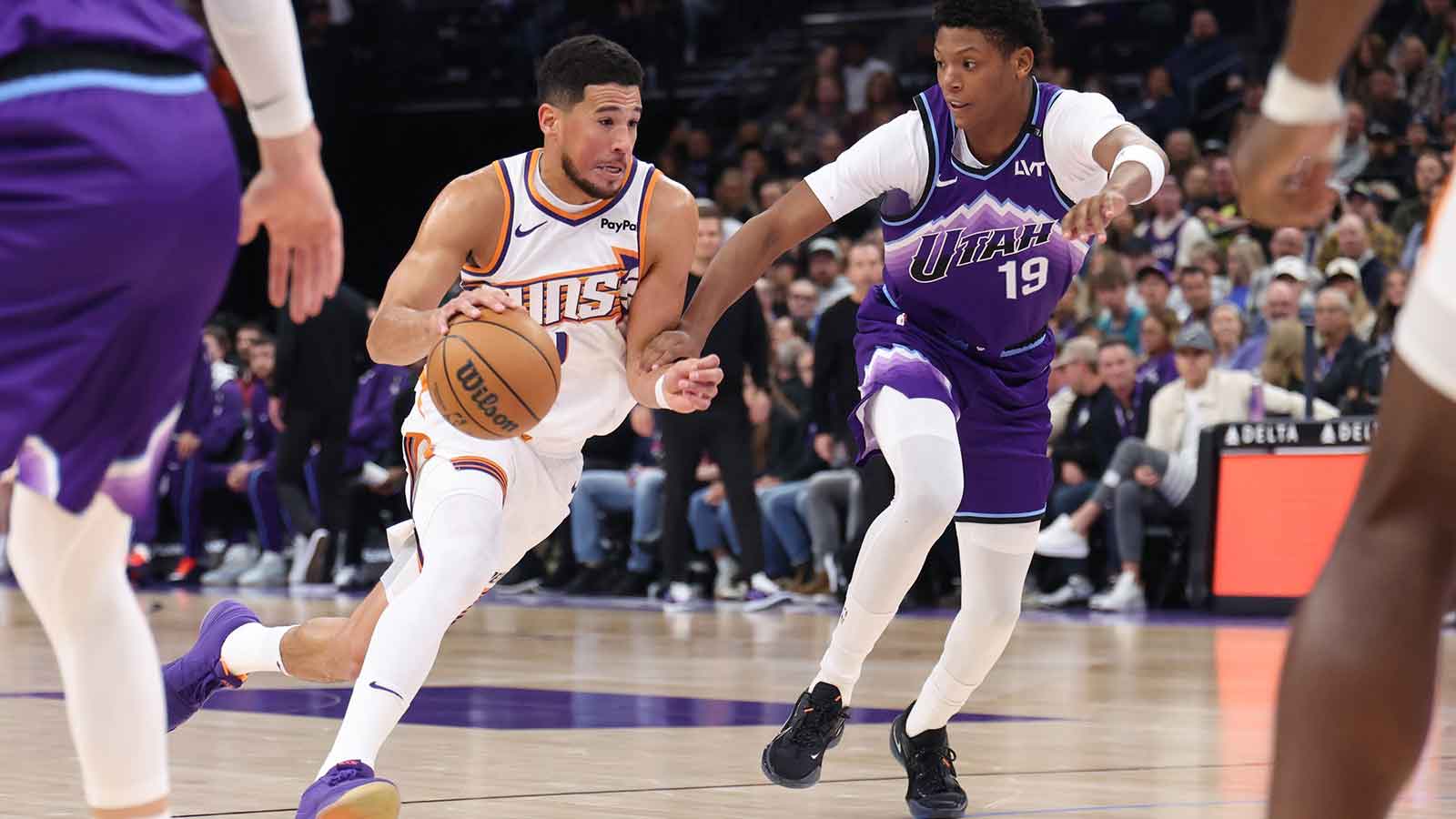After being eliminated from the FIBA World Cup and suffering three losses to Lithuania, Germany, and Canada, Team USA basketball needs to look in the mirror and figure some things out heading into the 2024 Summer Olympics in Paris. While there's reason for optimism moving forward (hello, LeBron!), it's important for Team USA to figure out what exactly went wrong on the international stage in order to be ready for the Summer Olympics.
While it's tough to scapegoat any one player, coach, or executive for a failure this massive, here are the three people most to blame for Team USA's FIBA World Cup disaster.
Steve Kerr, Head Coach
Coaching a team that doesn't come close to hitting expectations is always going to result in some blowback, whether it's fair or not. Steve Kerr is a great coach, and a perfect fit for Team USA, and there's no need to overreact moving forward. But it's still worth learning from a few of his mistakes, particularly in the semifinal elimination loss to Germany.
While it's not Steve Kerr's fault that Team USA didn't feature the true top-level talent the United States has to offer, some of the lineups that were played late in the loss to Germany didn't provide Team USA with the kind of length and athletic advantages that Team USA typically enjoys on the international stage. Instead, players like Austin Reaves (who, to be fair, was brilliant offensively) were hunted in isolation, and Team USA didn't have the kind of rim protection to bail out their guards being on an island.
Steve Kerr has won NBA titles by going small, but Team USA desperately needed more size and length defensively all tournament long. If Anthony Edwards was going to dominate the ball anyway, it would have made more sense for Kerr to trade off some offensive spacing for better defensive lineups.
Unfortunately, Team USA's roster lacked that kind of lengthy defensive forward off the bench behind Mikal Bridges, with Brandon Ingram, Paolo Banchero, and Bobby Portis all being power forwards who are much more offensively inclined. Playing Walker Kessler at the 5 and sliding Jaren Jackson Jr. to the 4, where he's been much more effective as an NBA player, could have provided better rim protection and stopped Daniel Theis from dropping 21 points, but there are understandable offensive trade-offs there that Kerr and Team USA might not have been willing to make.
While Kerr isn't responsible for building the roster, adding more size, length, and athleticism at forward should be a huge priority so Kerr doesn't have the option to go too small at the Summer Olympics.
Dirk Nowitzki
Blame Dirk Nowitzki!
Dirk Nowitzki inspired an entire nation to emerge as a basketball powerhouse, but also helped pave the way for other international players who maybe weren't top-flight athletes but were incredibly skilled. His championship win with the Mavericks over LeBron James and the Heat changed the way the NBA looked, both in how the game was played and who the stars could be. As Nikola Jokic and the Denver Nuggets just proved yet again, continuity combined with talent and size is a hard thing to topple. Team USA had talent, but not the size or continuity necessary to hold up against the best other countries had to offer.
Basketball around the world would look wildly different if there were no Dirk Nowitzki, and we're seeing some of the impact he had on the next generation of stars come to fruition now on the international stage.
The 2019 and 2020 Draft Classes
The players who are supposed to be young, flying around and entering their primes for Team USA in the FIBA World Cup were missing in action, and it made a difference in the end. Athletic marvels like Ja Morant and Zion Williamson could have overwhelmed the competition, while Nic Claxton could have wreaked havoc defensively next to Jaren Jackson Jr. Desmond Bane would be a perfect 3-and-D wing who could have held up better defensively than Jalen Brunson, Austin Reaves, and others.
Relying on young talent at the FIBA World Cup was the right call, but missing out on top-tier athletes and better roster fits from the 2019 and 2020 draft classes hurt Team USA in the end. Anthony Edwards had to shoulder too much of the scoring load, and while he did an admirable job, getting layups in transition from other high-flying athletes used to be the recipe for success for Team USA. We shouldn't take away from the performances of Lithuania, Germany, and Canada, who all proved their mettle at the FIBA World Cup, but getting in shootouts and being overwhelmed on the glass in the process doesn't leverage Team USA's advantages in the way it probably should.
Team USA executive Grant Hill said it best during the FIBA World Cup, via BasketNews.
“The game is different,” Hill said. “Our game in the NBA is starting to be more like their game. The talent and shooting have improved. Now, 30% of the NBA is international players. There's still respect, but there's not the sort of fear or the awe that was there 27 years ago.”
Team USA needs to get back to their game, which should feature five incredible athletes who possess size and length advantages bearing down on teams in transition and getting to the rim. But the 2019 and 2020 draft classes need to provide some of that talent in order for that to work at the Summer Olympics in 2024.

